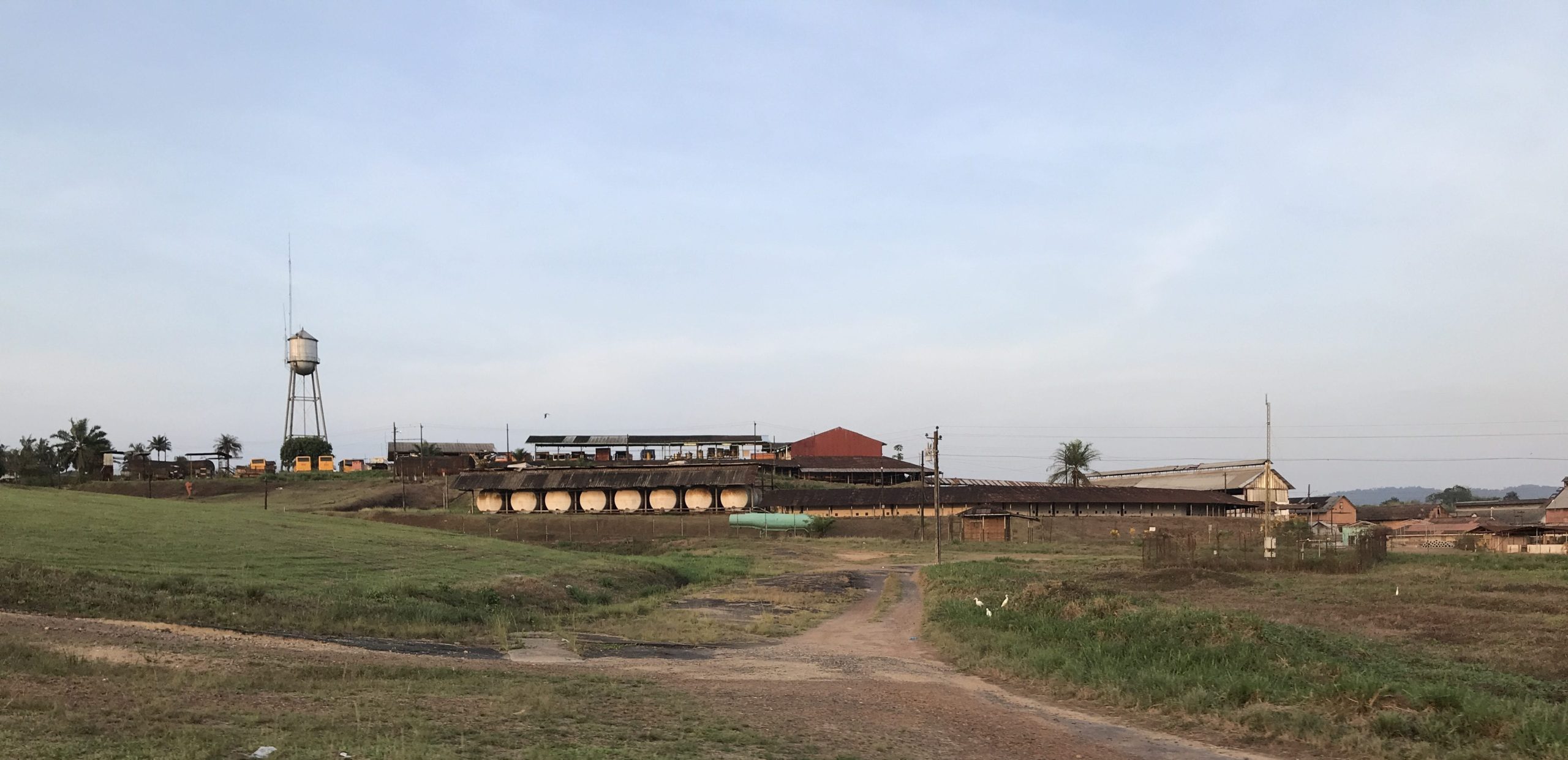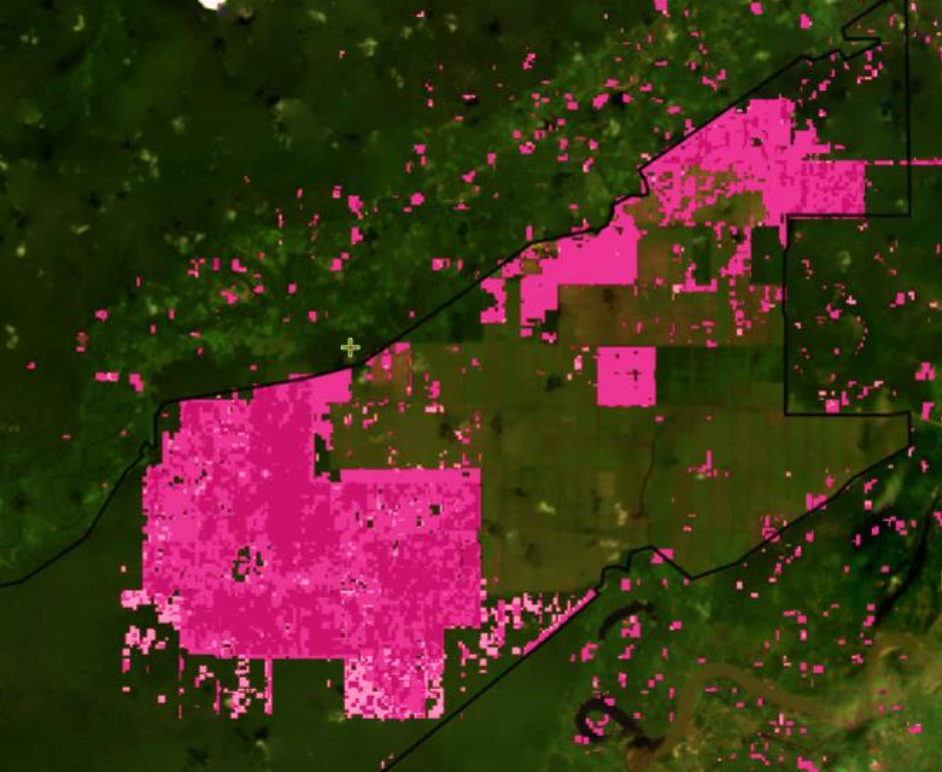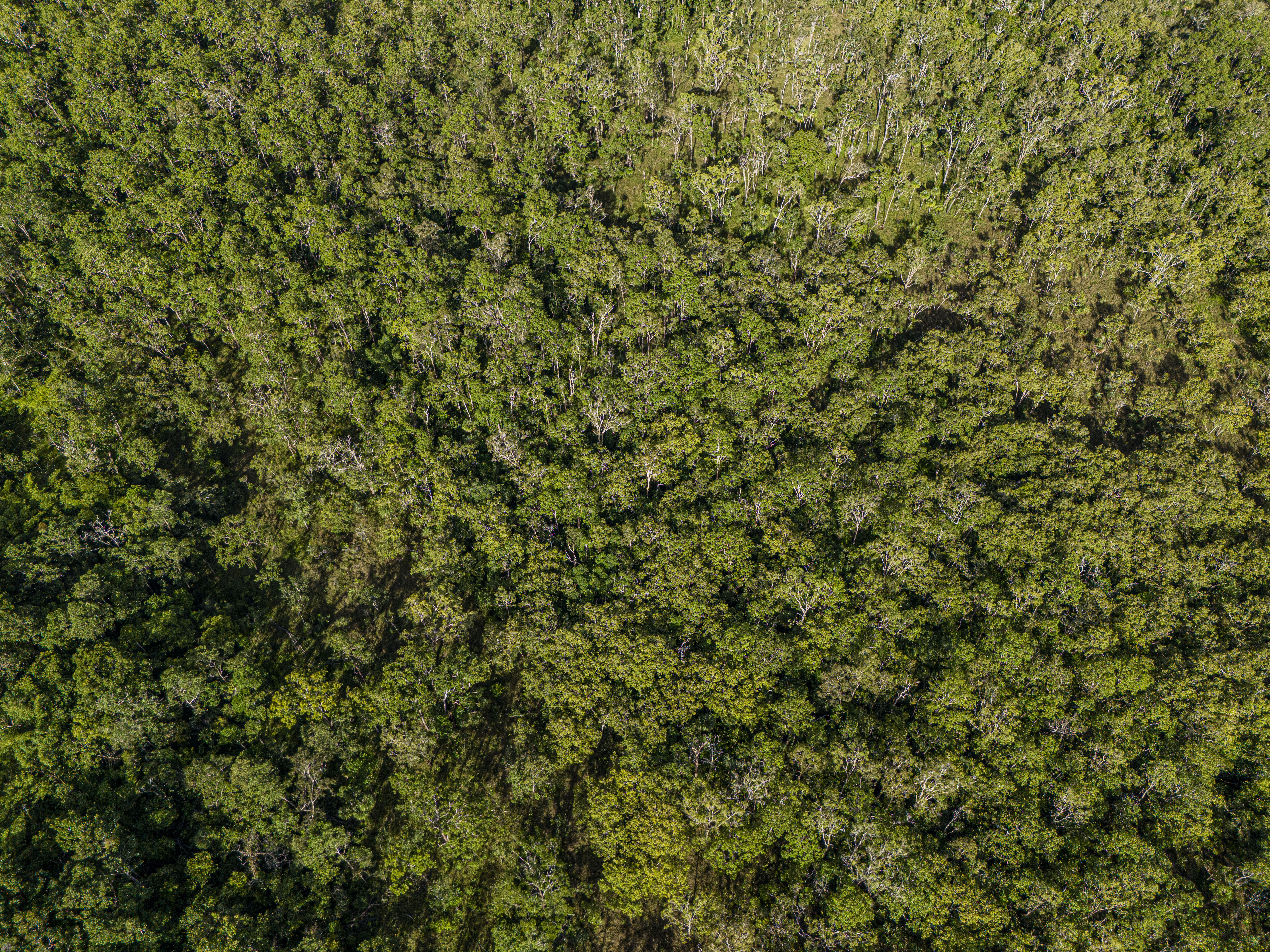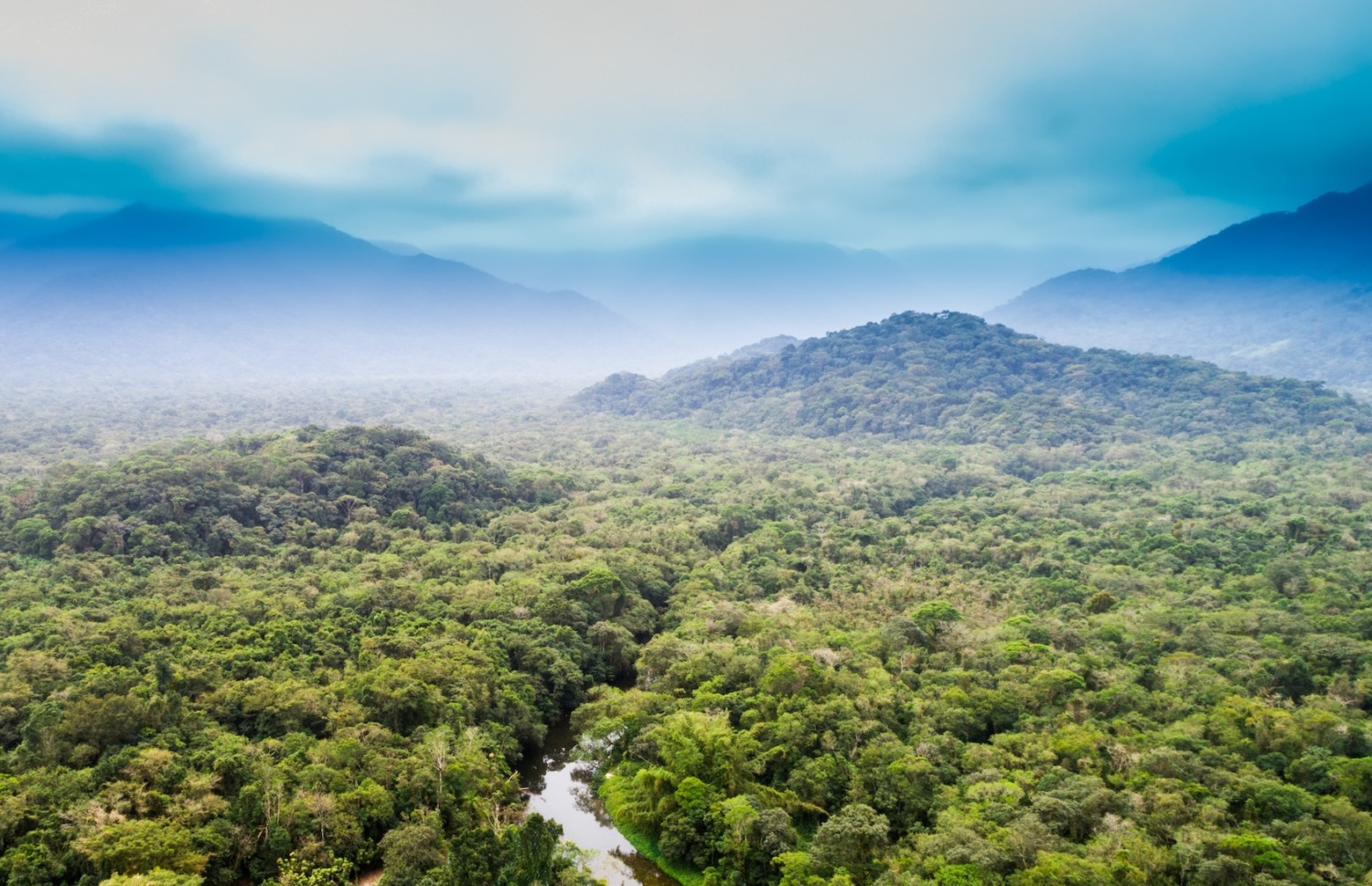
Report: Bridgestone Connected to Ongoing Labor and Environmental Concerns on its Liberia Rubber Plantation
New investigation documents serious ongoing issues at the planet’s largest rubber plantation
Mighty Earth today published the findings of a new investigation documenting serious labor and environmental concerns at the single largest rubber plantation on the planet – the Firestone Rubber Plantation in Harbel, Liberia. The report, “A Bridge Too Far? Social and Environmental Concerns in Bridgestone’s Liberian Rubber Plantation and a Plan for Remediation,” found several on-going problems, including:
Environmental Concerns
- Local people complain of contamination of their rivers, creeks and wells due to insufficiently treated effluent discharged from Firestone’s nearby rubber factory;
- Locals allege that there is serious air pollution and strong ammonia smells during the day;
- Local fishermen at Owensgrove near the Firestone Liberia factory say there are no fish in the river during the dry season because of Firestone’s wastewater contamination and that their livelihoods are badly affected.
Labor Rights Issues
- Five key labor union leaders and workers at the Firestone Liberia plantation in Harbel were allegedly unfairly dismissed by Firestone without recourse;
- A key union leader and a worker were reportedly ordered to leave their company-owned houses after being dismissed and given just 7-days’ notice to vacate, or face eviction;
- Dozens of Firestone plantation retirees said their Firestone pensions had been stopped abruptly and transferred to the dysfunctional Liberian state pension scheme.
Mighty Earth’s full report highlights Firestone Liberia’s legacy of environmental impacts and controversial labor practices, while providing detailed recommendations for the parent company, Bridgestone, to remedy past problems at the plantation.
“Bridgestone needs to agree to an independent investigation and make amends for their unfair dismissal of the two key union leaders,” said Judy Gearhart, Executive Director of the International Labor Rights Forum. “The company urgently needs to redouble its commitment to the rights of the rubber plantation workers and affected local communities.”
Firestone Liberia is a wholly owned subsidiary of the Japan-based Bridgestone Corporation, the world’s largest tire and rubber company. Mighty Earth is calling on Bridgestone to ensure that Firestone Liberia fully upholds the rights of workers and neighboring communities and protects and restores the local environment.
“Bridgestone must urgently clean up all the insufficiently treated effluent that has been discharging into local water sources near its Firestone rubber plantation in Liberia,” said Alex Wijeratna, Senior Advisor at Mighty Earth. “In order to make progress towards this and other labor, environmental, and social priorities, Bridgestone should publish a clear implementation plan for their Global Sustainable Procurement Policy. As the world’s largest tire company, they have a real opportunity to be a leader in the industry.”
To support the investigation, Mighty Earth worked with rubber plantation workers and the legal advocacy group Green Advocates in Liberia to document testimonials from local community members in March 2019. This collaboration shed light on current problems as well as the social and economic impact of Firestone’s 94-year presence in Liberia.
“The history of Firestone Liberia is fraught with controversy,” said Goldman Award winner Alfred Brownell. “Unfortunately, the company has never fully reckoned with, compensated for, or apologized to local people for its historical violations of labor and community rights. Documenting these transgressions is the first step toward reconciliation, but the next step is up to Bridgestone. Bridgestone must commit to the establishment of a truth and reconciliation commission.”
In a meeting with Mighty Earth in October 2019, Firestone acknowledged that the level of pollutants in local creeks near their rubber plantation in Harbel were still at an unacceptable level. The company informed Mighty Earth that they are installing a new state-of-the-art water treatment system to tackle the pollution.
Firestone has denied all of the labor rights concerns cited in Mighty Earth’s report.
*Photo: Firestone Rubber Factory in Harbel, Liberia


